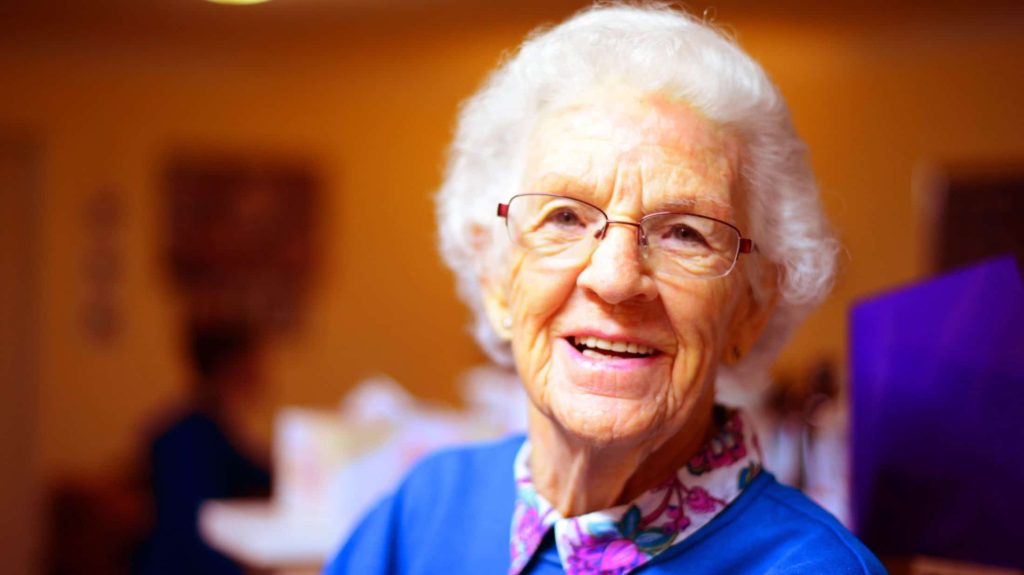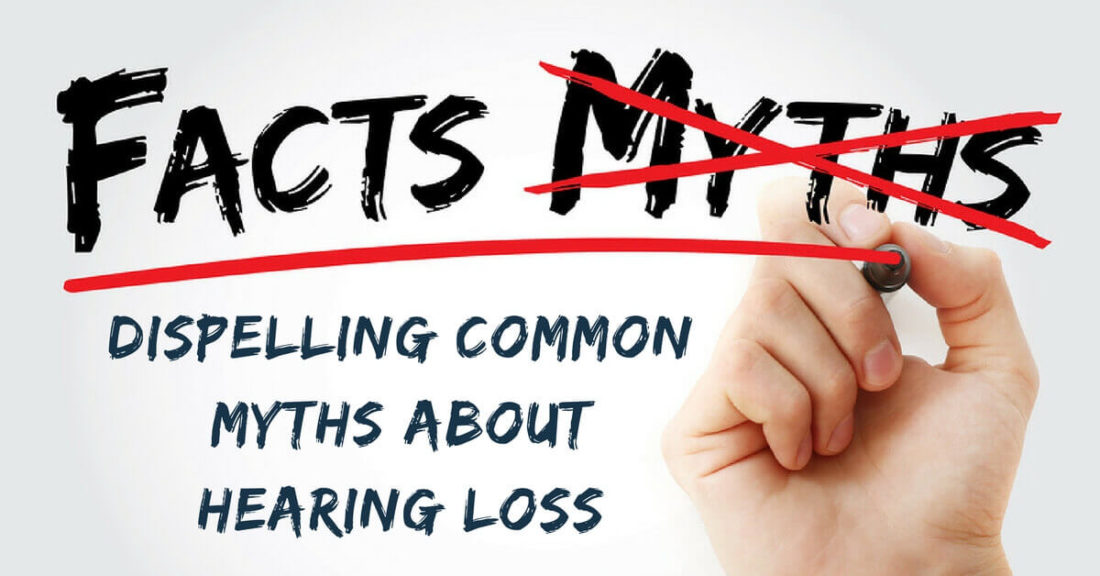When talking to a family member with hearing loss this season, use these 3 communication techniques to help them hear you better.

As part of my counselling session with new clients, I always make sure to involve both the new hearing aid wearer AND the family members that come to their appointments.
Getting hearing aids for the first time is a huge step. One that often takes a lot of courage to even admit there is a need for help.
But the work doesn’t end there.
Most people make a massive mistake in assuming hearing aids will solve all their problems in conversation.
Of course hearing aids provide incredible improvement in speech clarity, but they are not a magic cure-all.
How we talk is a HUGE element in how well others understand what we say.
After all, conversation is not a one person activity. It’s takes two to tango.
Here are 3 key strategies anyone can adopt immediately to improve their quality of conversation.
Tip 1. Get the other person’s attention before talking.
Whether you’re driving in a car, watching TV, or having dinner together, when a moment of silence falls between you assume that other person is deep in thought or listening to something else in the room.
Before you speak, begin by getting their attention.
Say their name or a give gentle touch on the hand. This gives them a moment to turn towards you and prepare to listen to what you are about to say.
There is a big difference between hearing and listening.
When someone is unaware you are about to talk, they will most often only catch the second half of what was said.
Resulting in yet another “can you repeat that” request.
Tip 2. As often as you can, make sure the other person can see your face.
Lip reading is not as difficult as you might think. In fact most of us do it subconsciously every day.
Now, I’m not talking about the ability to follow a conversation from across a room.
I mean visually our brains take in alot of verbal cues when we can see the speaker’s mouth.
Along with what we hear, what we see helps us process speech much quicker. Especially in noisy environments.
If you don’t already do this, try looking at a person’s mouth next time you are in a noisy restaurant. Conversation is far easier when you see their lips move.
For example when you say the words “fin”, “sin”, and “thin”, they each sound very similar.
However, visually they look quite different.
Try it.
So as often as you can remember, do your best to hold back your comment or question until you have the other person’s full attention and are face to face with them.
Tip..………3……….Speak………..slower.
Too often we think speaking louder should solve the entire problem of having to repeat everything.
But when it comes to moderate hearing damage, the speed at which we talk makes almost as much an improvement as speaking louder.
Imagine you went for a walk with a parent who recently had knee surgery. They are clearly limited in how fast they can move.
So, to enjoy a stroll together you would automatically adjust your pace to the speed they are most comfortable with.
You certainly wouldn’t force them to “keep up with you” just because you can walk faster!
Hearing loss is no different. Though invisible, it can be just as limiting of an issue.
So the next time you are talking with a friend or loved one with hearing loss, if you can see they are having difficulty ‘keeping up’, adjust how fast you talk and enjoy a conversation……..together!
Conversation is like a wheel, and the above 3 communication tips along with appropriate hearing aids are the spokes that make the wheel turn properly.
If you can envision conversation as a shared experience with shared responsibility, everyone will enjoy going for “talk” together at a comfortable pace
—–
I should also mention that these strategies are really easy to forget. I catch myself often neglecting one or more of them at any given time.
But instead of waiting for the other person to ask me to repeat, I simply stop myself and adjust how I’m talking. I may even start my phrase over before they have to ask.
Over time these methods do become habit. And you’ll appreciate saving your energy and enjoy an engaging conversation with ease.



Recent Comments